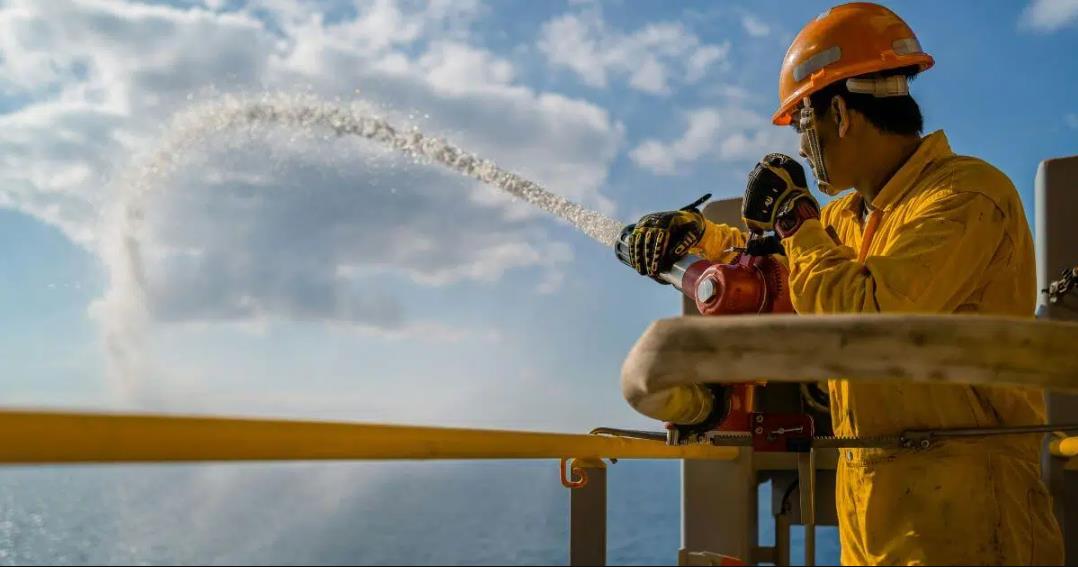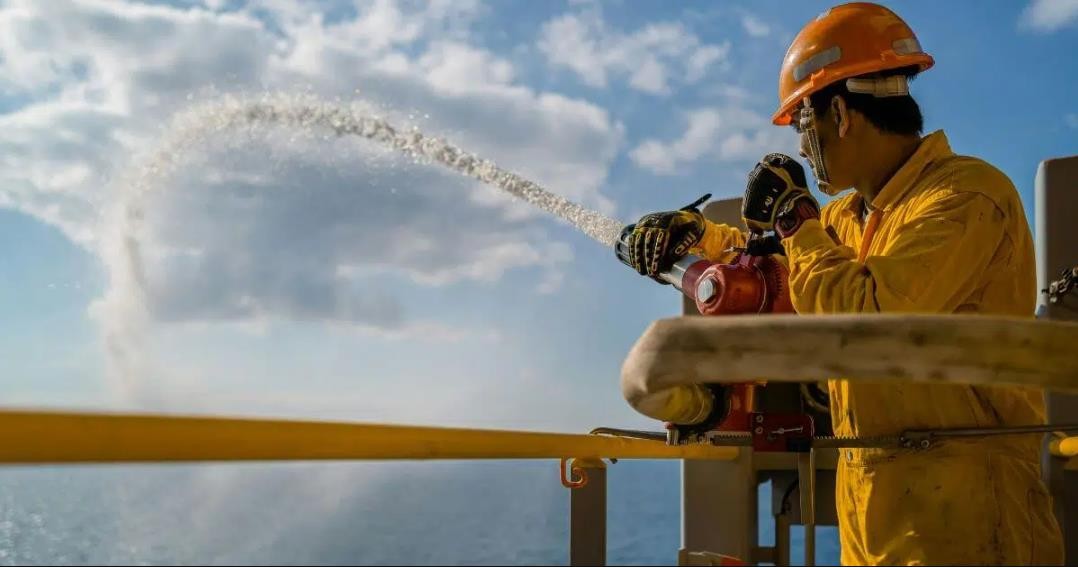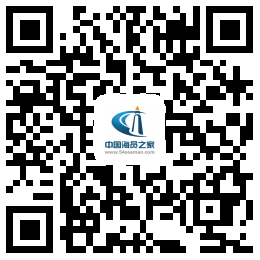海事反腐败网络(MACN)强调了海员在全球港口遇到的虽然经常受到监督但有害的腐败程度。
在接受英国广播公司(BBC)采访时,他们讲述了船员经常面临香烟、食物或其他物品的需求,以方便进出港口的故事。
据MACN官方网站介绍,该组织成立于11年前,由一小群致力于保持航运业廉洁的海事专业人士创立。
该组织已发展到全球200多家公司,采用集体行动来管理这一问题。
MACN的运营声明中写道,它正在努力消除一切形式的海事腐败。
他们贯彻反腐败原则,分享领先实践,并与政府和非政府组织合作。
作为提高意识运动的一部分,他们最近出现在BBC上讨论海事腐败问题。
MACN告诉BBC,自该组织成立以来的十年里,他们已经在150个国家的1000多个港口收到了61000份报告。
去年,他们向英国广播公司报道了5183篇报道。
他们指出,所谓的小费是违反国际反腐败规定的。
官方上,航运公司禁止这种政策,但许多海员说这种事情经常发生。
专家建议航运公司睁一只眼闭一只眼,专注于保持船期。
据他们回忆,最糟糕的案例是一名船长因拒绝将香烟交给港口官员而被人用枪指着从船上带走。
他辩称,他们持有并捏造了与文书违规有关的罚款指控。
更多的案例没有那么引人注目,比如一名船员回忆说,一名港口官员试图从商店里拿走一块5公斤重的奶酪。
他们说,对食物、饮料、香烟或现金的需求太频繁了。
他们认为,一些船员害怕报告这个问题,认为他们无法在这个行业找到更多的工作。
英国广播公司采访了其他组织。
国际港口协会(International Association of Ports and Harbours)援引印度次大陆、苏伊士湾和非洲等地的举措告知他们,已经取得了切实进展。
MACN进一步向BBC报道称,该组织正与九个国家的政府合作,打击腐败官员。
然而,他们向BBC承认,还有很多事情要做。
MACN表示,它正在努力帮助这些公司了解相关风险,并制定更明确的反腐败政策。
 ▲Image for representation purposes only
▲Image for representation purposes only
英文原文
The Maritime Anti-Corruption Network (MACN) highlights the often overseen but detrimental level of corruption the seafarers encounter in the ports worldwide.
In an interview with the BBC, they recount the stories of crew members regularly confronted with demand for cigarettes, food, or more to enable easy processing in and out of ports.
According to the MACN’s official website, the organisation was started 11 years ago by a small group of maritime majors who were striving to maintain a maritime industry free of corruption.
The organisation has evolved to more than 200 firms globally, using collective action to manage the issue.
MACN’s operating statement reads that it is working toward eliminating all forms of maritime corruption.
They implement anti-corruption principles, sharing leading practices and collaborating with government and non-government organisations.
As part of the awareness campaign, they recently appeared on the BBC to discuss maritime corruption.
The MACN told the BBC that it had received 61,000 reports in over 1,000 ports across 150 nations in the decade since the organisation was first introduced.
Last year, they got 5,183 reports they reported to the BBC.
They pointed out that the so-called gratuities are against international anti-corruption regulations.
Officially, shipping firms forbid the policy, but many seafarers say that these things happen often.
Specialists suggest that shipping firms look the other way, focused on maintaining the schedules.
The worst case they recalled was a ship captain taken from his vessel at gunpoint as he says he refused to hand over the cigarettes to the port officials.
He contends that they held and trumped up charges with a fine related to paperwork irregularities.
More cases were less dramatic, like the crew member who recalled a port official trying to take a 5kg cheese block from stores.
They said the demand for food, drinks, cigarettes, or cash happens too often.
They believed that some crew members were afraid to report the issue, thinking they could not get more work in the industry.
BBC spoke to the other organisations.
The International Association of Ports and Harbours informed them that tangible progress has been made, citing initiatives in places such as the Indian subcontinent, the Gulf of Suez, and Africa.
MACN further reported to the BBC that it was working with the governments in nine nations to tackle the corrupt officials.
However, they admitted to the BBC that there’s a lot still left to be done.
MACN said that it is working to help the firms understand the associated risks and develop better-articulated policies to combat corruption.
免责申明:本文根据MACN等内容整理,如有误差,以英文为准;仅代表作者观点,不代表中国海员之家立场。其真实性及原创性未能得到中国海员之家证实,在此感谢原作者的辛苦创作,如转载涉及版权等问题,请作者与我们联系,我们将在第一时间处理,谢谢!联系邮箱:cnisu@54seaman.com

 联系我们人工客服
联系我们人工客服



















 :1391995811
:1391995811


评论 (0人参与)